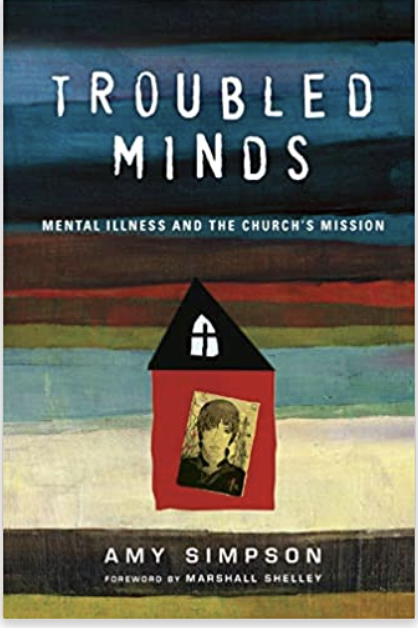Hope for Hard Times: Be of Good Cheer
Hope for Hard Times: Be of Good Cheer
Dear Friends,
In this season of Lent/preparation for Easter, it’s a good time to reexamine our reason for hope, even when we are facing disastrous circumstances. Enjoy this excerpt from my devotional, From Recovery to Restoration: 60 Meditations for Finding Peace & Hope in Crisis.
These things I have spoken to you, that in Me you may have peace. In the world you will have tribulation; but be of good cheer, I have overcome the world. John 16:33, NKJV
Here on the Gulf Coast of Florida, hurricane season threatens every year, tossing its mighty winds and roaring waters through our mind’s eye, arousing fears of future devastation and memories of past disaster. It’s been about fifteen years since Hurricane Ivan wreaked its havoc on our hometown, Pensacola, Florida, leaving a swath of blue roofs in its wake.
We’ve recovered. But some never did. Some lost homes, businesses, even marriages to the disaster. They may have found a new home or started a new business, but the heartache of the catastrophe lingers. Maybe you haven’t been hit by a hurricane; maybe it was a divorce, a sudden revelation of a spouse’s affair. Maybe you were slapped with a cancer diagnosis. Or maybe your twenty-three-year-old has just renounced her faith.
The hard reality is that in this life we may never fully recover from some disasters we endure. How can we live with hope in a world in which some losses will never be recouped? Jesus, in his final words to his disciples, anticipated this question. Shortly before his brutal crucifixion for a trumped-up crime, he prepared his followers for the disasters that mark life in a fallen world:
“In the world you shall have tribulation, but be of good cheer, for I have overcome the world” (John 16:33 NKJV).
Jesus’ words confound many of us, because western culture has fed us a lie: “This world is all there is,” it tells us, “and the things in it are here to make us happy.” Jesus contradicted this lie, telling his disciples, “Yes, in this world, you will suffer. I’m teaching you how to live in my world, my kingdom. Not only that, when I die and am raised again, you will have the resurrection power to live a different life, a new life, to begin to recover what was lost in the fall. When you suffer, remember these things I have told you, and you will have peace. Not only that, you can be ‘of good cheer,’ ‘take courage,’ ‘not be afraid,’ ‘take heart’—because ‘I have overcome the world.’”
One day, not yet, but “soon,” Jesus said, “I will return” (Revelation 22:7). In that day, we will live with him in a new world, the world we were really made for. In that day, all of the pain and sorrow of the disasters we have faced will be washed away. All the sin—the clawing to get our own way, the clashing against loved ones over minor differences, the clinging to things we think will satisfy—it will be over. Overcome. Defeated. By him—our King.
Dear friends, let’s take heart. There is something better that awaits. It is beyond recovery. It is restoration. It is renewal. It is reunion. Cheer loudly and long. Jesus has overcome the world.
Prayer
Lord Jesus,
Thank you for setting us straight. We are far too focused on finding joy in the things of this world. Help us to trust you when we suffer, to know that in you alone we will find peace and hope. In your cheering name we pray. Amen.
Further Encouragement
Read John 16.
Listen to “What a Friend” by Sara Groves.
For Reflection
What hope do you find in Jesus’ words to his disciples?
Get Hope for Troubling Times
Advance Review for From Recovery to Restoration
“When the storms of life crash into our lives, the devastation left behind is often overwhelming. Recovery and healing is slow and arduous. Elizabeth Turnage’s devotional is for all those laboring toward recovery. From Recovery to Restoration is a hope-filled, gospel-laced, and Christ-exalting book which invites us into God’s story of redemption and helps us see how he is at work to redeem and restore all things, even the aftermath of our personal losses, heartaches, and trials.”
Christina Fox
Writer, Counselor, Speaker
author of A Heart Set Free: A Journey to Hope Through the Psalms of Lament.





